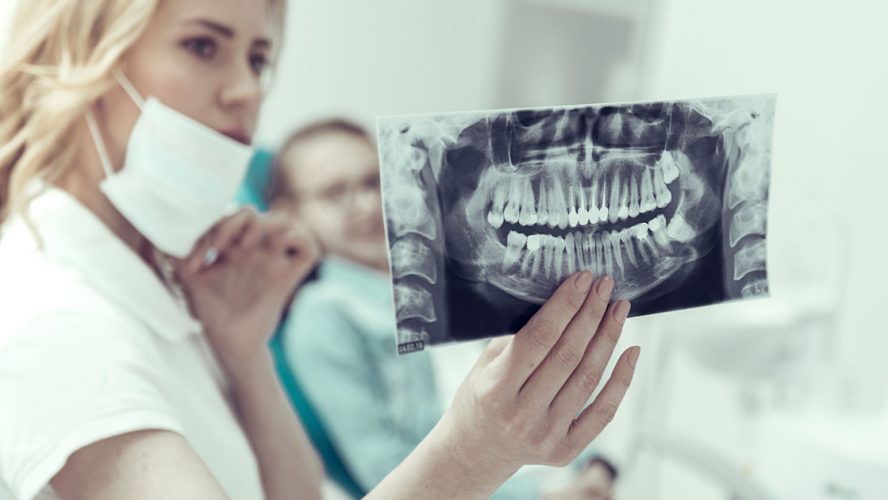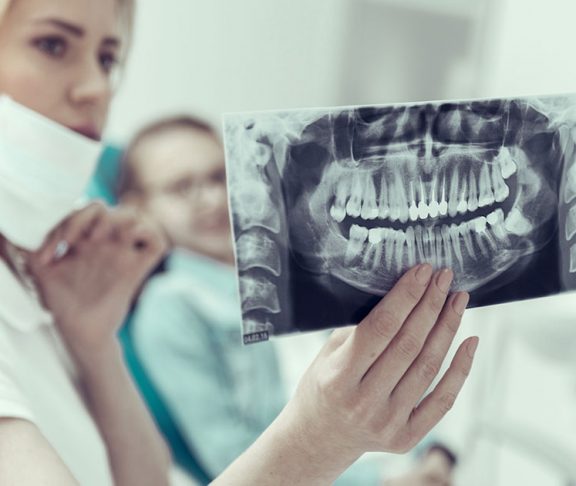
Jill Malmgren
Executive Director, America’s ToothFairy
Parenting is all about instilling in children good, healthy habits.
Parenting is exhausting. Even after you and your child have gotten past the stage of sleepless nights, there still remains a seemingly endless list of things to keep an eye on. Is he eating too much junk food? Is she getting enough exercise? Are they watching too much television? Is she getting sick? Did he get his homework done? With so much to worry about, it’s understandable that one of the first things parents forget to check on is their children’s oral health. After all, those baby teeth are going to fall out, and cavities are a normal part of growing up, right?
Wrong. Cavities may be common, but they are not normal. They’re an infection in the mouth caused by germs, much like how the common cold is an infection in the respiratory system. Unlike the common cold, however, cavities don’t just go away on their own, and they can be expensive to treat – the lifetime cost of cavities can exceed $2,000.
Not the new normal
Parents might ask, “But when their baby teeth fall out, won’t they take the cavity with them?” This is possible. But it is more likely that the cavity will dissolve the tooth until it reaches the nerves deep within the socket, causing pain, loss of sleep, difficulty eating and concentrating at school, and steep treatment bills. Additionally, when baby teeth are lost early to decay, it can impact the health and placement of the permanent tooth coming in behind it, causing crooked teeth, low self-esteem, and even limited employment opportunities.
Start them early, save big
Even if the decaying tooth does fall out on its own, the germs that caused the cavity are still present, infecting other teeth, including the permanent tooth that takes its place. So, what is the cure for the common cavity? A 2015 survey revealed that 41% of parents believed brushing should start at the age of three. But, the truth is preventing cavities begins at birth. Prevention can take the form of: cleaning your baby’s teeth after each feeding; brushing newly-formed teeth with smears of toothpaste; and other measures that reduce or eliminate germs entering and festering.
Parenting is all about instilling in children good, healthy habits. By teaching your kids the importance of dental hygienic practices early — like brushing twice daily and flossing — they will accept these routines as normal, and see decaying, cavity-infested teeth for what they are: not normal.
Jill Malmgren, Executive Director, America’s ToothFairy, [email protected]

